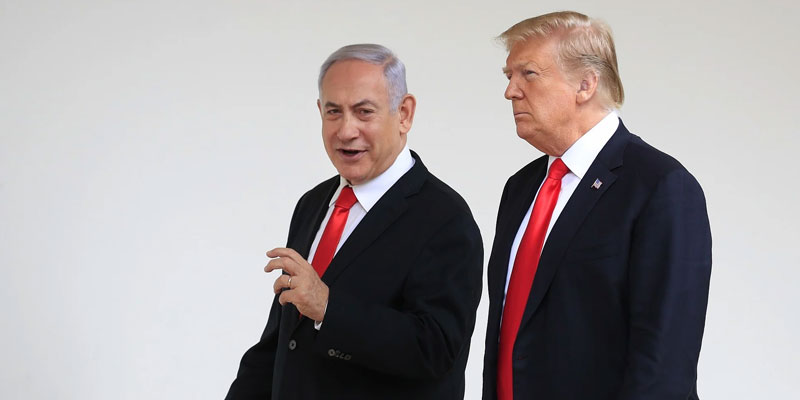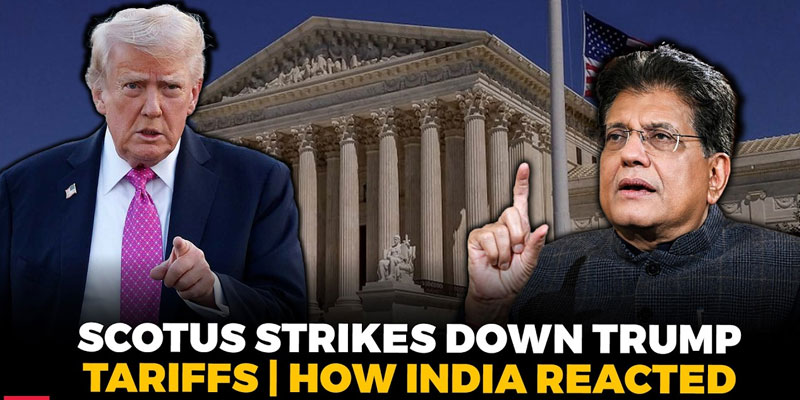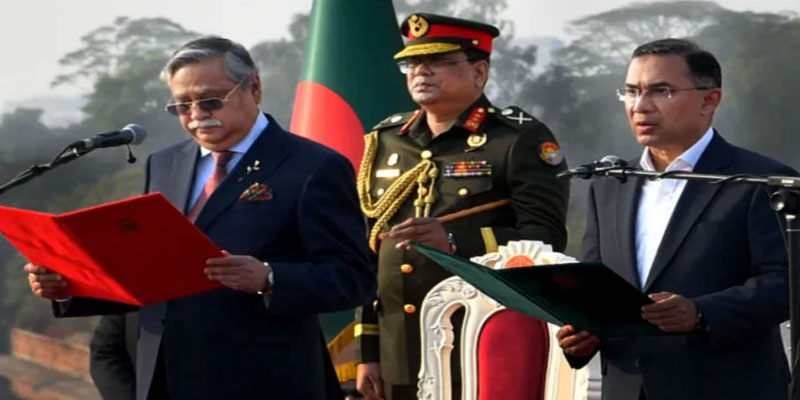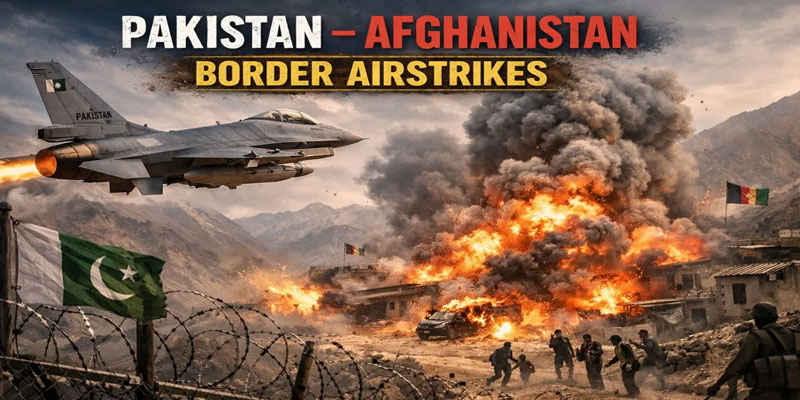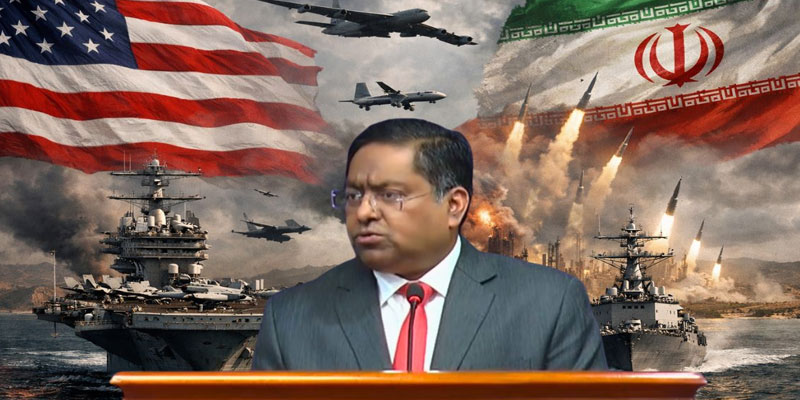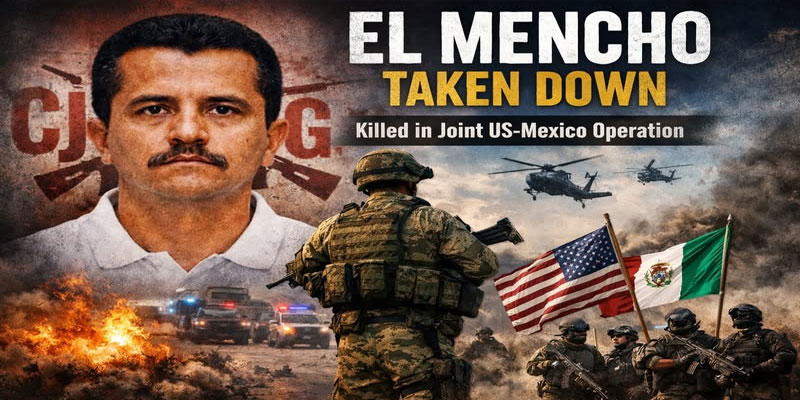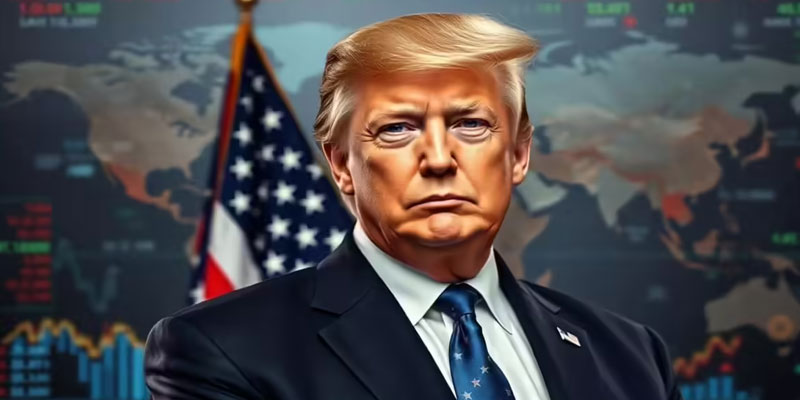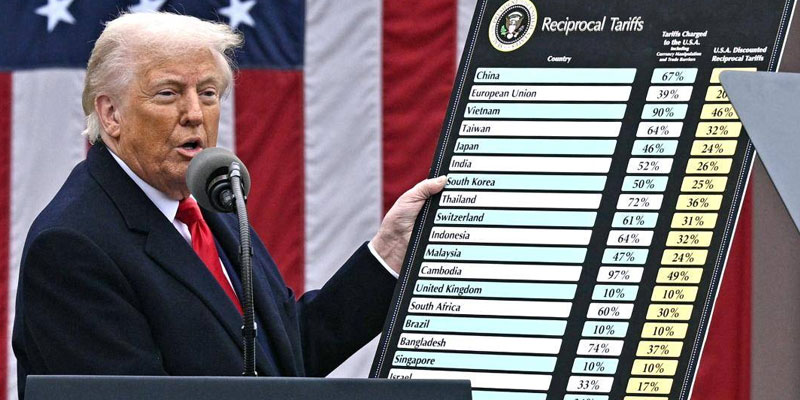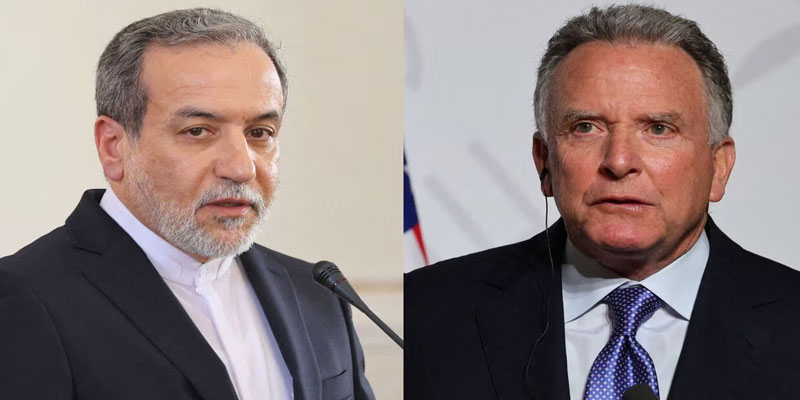Middle East in Freefall
A new and dangerous chapter has opened in the Middle East as the United States has officially entered the ongoing conflict between Israel and Iran. The situation, already tense, has escalated dramatically following U.S. strikes on Iranian nuclear sites, prompting Iran to issue stark warnings of “heavy consequences.” In an address to the UN and global public, Tehran accused the U.S. of violating its sovereignty and pledged retaliation, raising fears of a broader regional—and possibly global—conflict.
U.S. President Donald Trump’s rhetoric has fanned the flames, hinting at regime change in Iran, while markets tremble and oil prices soar. Behind the political showmanship lies a complex web of geopolitics, diplomacy, and military posturing that now threatens to destabilize the region in ways not seen since the Iraq War.
Iran Vows Retaliation: “We Will End This War”
In a fiery video statement, a spokesperson for Iran’s military referred to Trump as a “gambler” and vowed that while Washington might have started the war, Tehran would be the one to finish it. Iran’s UN Ambassador Amir Saeid Iravani reinforced this message at the UN Security Council, declaring that the military would determine the “timing, nature, and scale” of the response, signaling a deliberate but powerful counterstrike.
Iran’s leadership has emphasized that this is no mere diplomatic crisis, but an act of war, and the country is now in full-scale preparation mode, both militarily and politically.
Trump’s Regime Change Rhetoric Draws Fire
President Trump’s comments on social media have only heightened tensions. On Truth Social, he mused: “If the current Iranian Regime is unable to MAKE IRAN GREAT AGAIN, why wouldn’t there be a Regime change???”
While his supporters view this as a bold assertion of U.S. strength, critics from both parties have condemned the remarks as reckless and unconstitutional, pointing out that Trump bypassed Congress in authorizing strikes. Legal scholars argue the move skirts the War Powers Resolution, which requires congressional approval for sustained military action.
U.S. Vice President Clarifies: “We’re Not at War with Iran”
Trying to ease tensions, Vice President JD Vance stated on NBC News that “We’re not at war with Iran. We’re at war with Iran’s nuclear program.” He avoided confirming Trump’s claims that nuclear sites were “totally obliterated,” stating only that the program had been “substantially delayed.” This attempt at downplaying U.S. engagement has done little to reassure the global community.
Coordinated Strikes and Unclear Damage Assessment
The joint U.S.-Israeli strike operation involved bunker-busting bombs and Tomahawk missiles, targeting high-security nuclear facilities in Fordow, Natanz, and Isfahan. President Trump called the strikes “monumental,” though independent satellite imagery shows only surface-level craters so far.
Analysts caution that while centrifuge halls may have been damaged, the extent of the operational setback to Iran’s nuclear program remains unclear. If underground facilities are still intact, the strategic gain may be far less than Washington and Tel Aviv claim.
Strait of Hormuz Threat and Global Oil Shock
One of Iran’s most powerful tools for retaliation lies not in missiles, but in its control over the Strait of Hormuz, through which over 20% of the world’s oil supply flows. Iran’s parliament has approved preliminary measures to close the strait, triggering a spike in Brent crude oil prices to their highest level since January.
Any actual closure would cripple global energy markets, send gas prices soaring, and possibly trigger recessionary pressures worldwide.
Global Travel Warning and Evacuation Measures
In anticipation of worsening hostilities, the U.S. State Department has issued a global travel advisory, urging Americans abroad to exercise caution. Evacuation operations have been expanded in Israel, and diplomatic personnel are being reduced in Lebanon and Iraq—key regions where U.S. embassies are under heightened threat.
Internal documents show emergency plans are being activated, pointing to the serious risk of wider regional fallout.
Netanyahu Claims Progress, Iran Warns of Quagmire
Israeli Prime Minister Benjamin Netanyahu declared that Israel is “very, very close” to achieving its goals of disabling Iran’s nuclear and missile capabilities, praising Trump for striking the Fordow facility. But Iran’s Ambassador Iravani has warned that the U.S. is walking into a “quagmire”, with long-term consequences far beyond nuclear containment.
Espionage Crackdown and Russian Alliance
Internally, Iran is cracking down on suspected foreign espionage, executing one man linked to Mossad and arresting 25 others. This suggests Iran is not only defending itself militarily, but also securing its intelligence networks.
Meanwhile, Iranian Foreign Minister Abbas Araghchi has traveled to Moscow for urgent talks with President Vladimir Putin, signaling that Russia may be poised to influence—or enter—the conflict diplomatically, or more directly.
Rising Civilian Toll
The human cost is already devastating. According to Human Rights Activists, over 950 Iranians have been killed, including 380 civilians and 253 security personnel, with 3,450 injured. As strikes hit urban and industrial areas, fears are growing of a widening humanitarian crisis.
War’s Uncertain Horizon
As of now, the Iran-Israel conflict—now complicated by U.S. involvement—has morphed from a regional standoff into a multi-dimensional war involving military might, energy economics, espionage, and international law.
With oil prices climbing, diplomacy waning, and casualties rising, the world watches anxiously. Tehran’s pledge of retaliation and Trump’s hardline posture leave little room for de-escalation unless diplomacy prevails. The next few weeks will likely determine whether this is a contained flashpoint or the beginning of a broader Middle East war—with consequences that could echo globally for years to come.
(With agency inputs)


